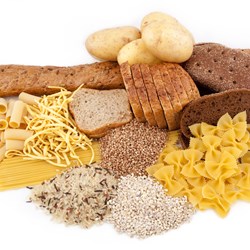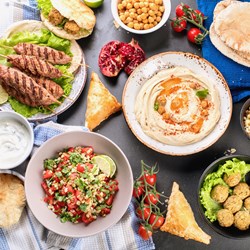Eating well
Diet
Dietary advice is different depending on whether you have type 1 or type 2 diabetes. If you use insulin, then you may want to include some carbohydrates with meals to stop your blood glucose levels from going too low (or reduce your insulin dose to compensate for fewer carbs). You may benefit from counting carbs, so that you can better work out what your mealtime insulin doses should be, resulting in better glucose control.
There’s no set diet to follow if you have type 2 diabetes, it depends what works for you and whether you are trying to lose weight. The general advice is to make healthier food choices more often and limit your intake and portion size of unhealthy foods and try to avoid high refined sugar options. Read below for further information about what to eat when you have type 2 diabetes.
Fasting
Fasting for Ramadan when you have diabetes can be difficult to manage and it can put you at risk of hypoglycaemia (if you use insulin or gliclazide-like drugs) and dehydration.
If you choose to fast, then you should consult your diabetes care team before Ramadan to make sure you can do this in the safest way possible.
Advanced Search
Resource type -
Language -
Type of diabetes -
A 10 day meal plan to follow during Ramadan.
Carbohydrate counting is a way of matching insulin requirements with the amount of carbohydrate that you eat or drink. This course will give you everything you need to know about counting carbs.
A table showing the glycaemic index of common Middle Eastern foods.




